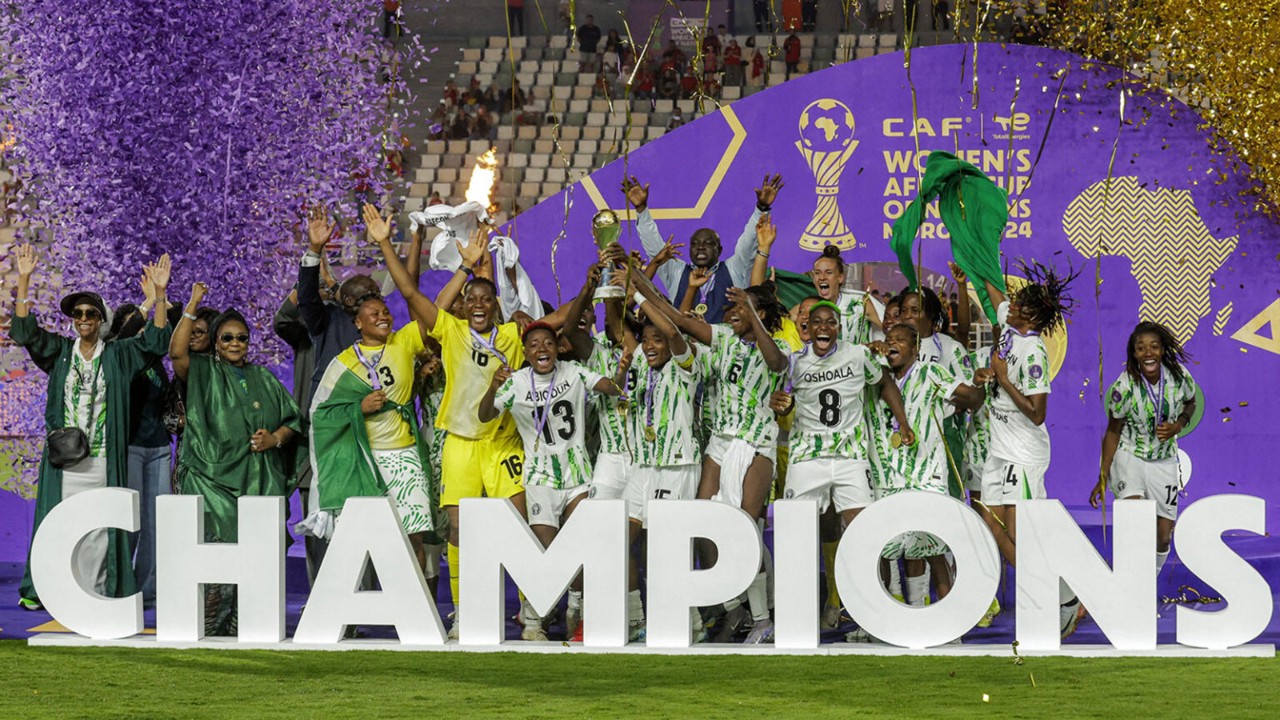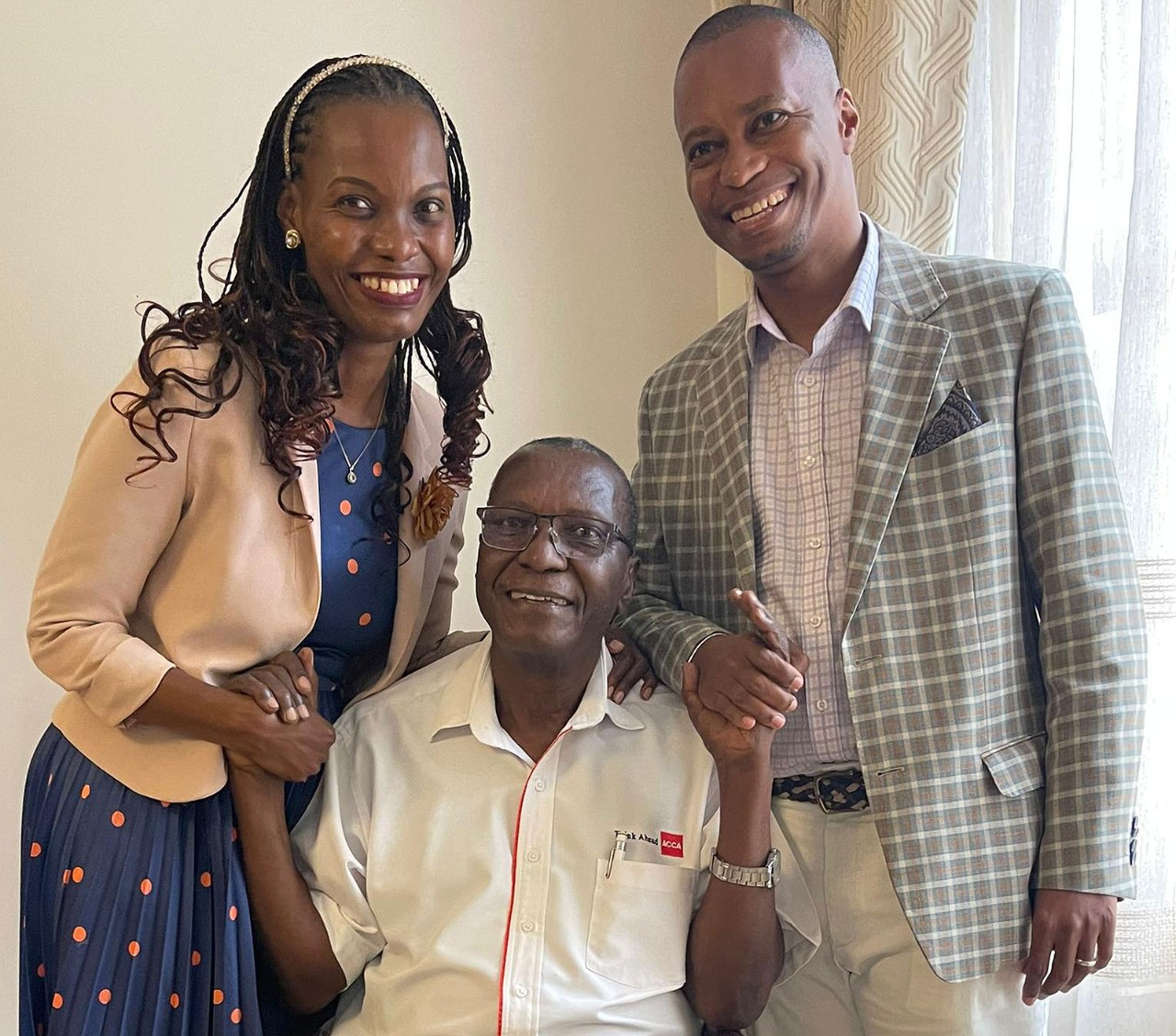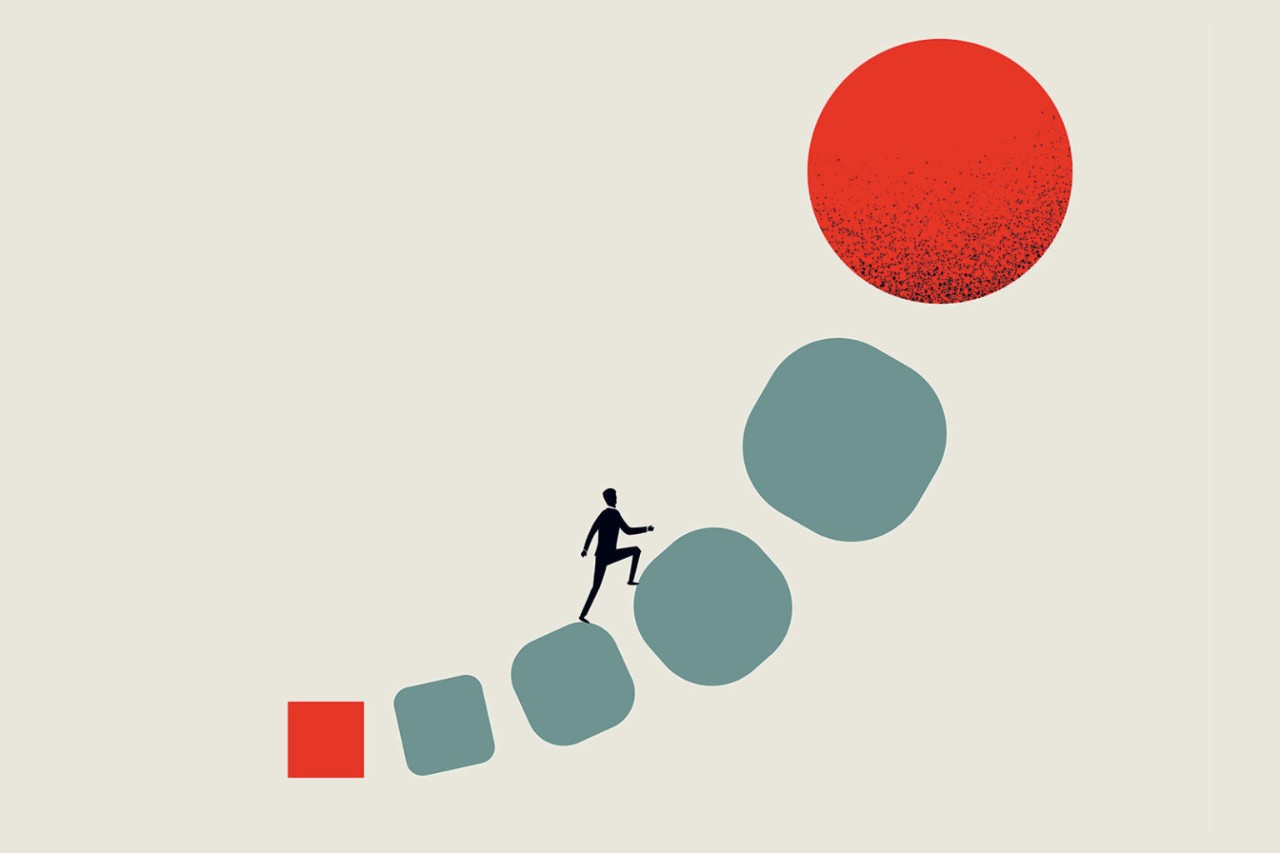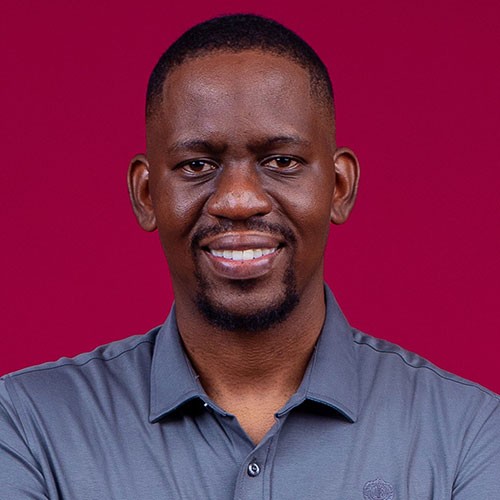
Saturday 26 July was a great day for football fans in Nigeria. The country’s women’s team, the Super Falcons, beat the Atlas Lionesses of Morocco to lift the Women’s Africa Cup of Nations for the 10th time. Cue an outpouring of national pride and global applause.
For African football supporters more broadly, it was evidence that women’s football on the continent is coming of age, with greater competition on the pitch, wider TV coverage, more viewers – and significantly larger prize money.
This year’s prize money was double that received in 2022
As in other parts of the world, women’s football has always lagged behind the men’s game, not only in attendance numbers, but also TV viewership and consequently sponsorship, all of which feeds into prize money, quality of organisation and competitiveness. That gap is now starting to narrow.
Yes, the US$1m in prize money received by the Super Falcons is a fraction of the US$7m awarded to the Elephants of Ivory Coast for winning the men’s equivalent competition in 2023. But it is double the prize money received by South Africa’s Banyana Banyana team for winning WAFCON 2022.
The competition on the pitch was intense. Teams like Morocco, Ghana, Zambia, South Africa and Senegal played the sort of football that keeps fans on the edge of their seats. According to the Confederation of African Football (CAF), the opening match between Zambia and hosts Morocco was watched in more than 120 territories and covered by major broadcasters – this despite the fact that it was played at the same time as its European equivalent, the Union of European Football Associations’ UEFA Women’s Euro 2025.
All of which is good news for sponsors, who love nothing better than wide TV coverage and viewing numbers. Given the success of this year’s event, which was sponsored by TotalEnergies with further backing from Unilever and Danone, more sponsors are likely to step up for next time. With proper management, the increased resources should translate into better organisation and more valuable broadcasting rights. Add in ticket sales, merchandising and logistics, and a thriving economic environment begins to take shape around the event.
Wider benefits
Sporting events like WAFCON generate a ripple effect, which is good news for the continent’s sports economy. There are implications not only for revenue growth and corporate sponsorship, but also taxation, investment strategy and governance. This also means opportunities for accountants and finance professionals in women’s football teams, sports federations, the media and at corporate sponsors. There will be contracts to be drafted, revenues to be tracked and accounted for, financial advice rendered, and audits completed.
The potential gains extend beyond the host country’s economy to the economies of participating teams. In host countries, airlines, hotels, retail outlets, tourist attractions and restaurants enjoy a boost to economic activity, while further afield, sports journalists, content creators and media houses also benefit.
Players need sound financial planning advice – an opportunity for finance professionals
Aside from the economic benefits for the winning nation, there are often personal gains for individual participants. The Nigerian government, for example, rewarded players and officials of the Super Falcons with US$100,000 and US$75,000 each respectively, as well as national honours and some real estate, while some businesses and sub-national governments offered additional monetary gifts. Outside Nigeria, some of the teams participating were also rewarded by proud governments for their performance.
Due to the wider public acclaim, some players will land endorsement deals and new club signings, which can substantially raise player income. To keep their wealth, the players will need sound financial planning advice – another opportunity for finance professionals to offer their services in budgeting, insurance, investment and pension planning. They can also help athletes set up business ventures, ensuring income streams beyond their playing careers.
Legacy
The post‑tournament period is crucial, however. The momentum gained is an opportunity that should be built on. Sustaining the growth of women’s football requires consistent investment in infrastructure, grassroots programmes and competitive leagues.
African nations can learn from nations like the US, England and France who have made women’s football a viable sport and built strong leagues. For WAFCON to be counted a true success, its gains must be sustained and nurtured to maturity.


